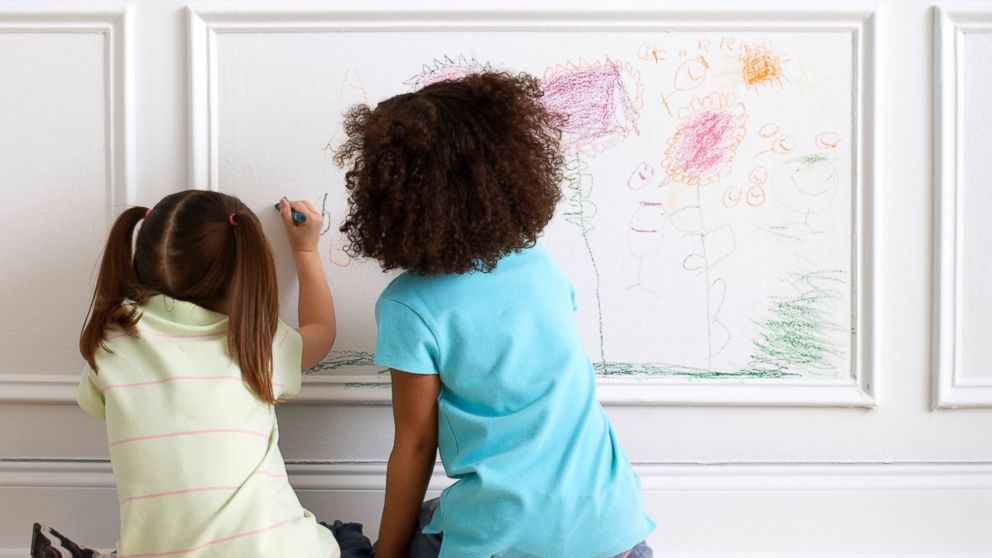Love Your Friend, But Hate Her Kids: What to Do
Well that's awkward.

— -- Picture this: You take your child to a play date and the other child hits yours. Over and over again. The parent does nothing correct her child's behavior, despite seeming embarrassed by the situation.
Maybe the kid -- and the parent -- were just having an off day, you think. You decide to give another play date a shot. But it's the exact same thing. Chances are you'd make the decision to avoid the family in the future. Except that in this case, the other mother is your best friend.
"The apple usually doesn’t fall from the tree. Parents whose children are not disciplined tend to come from parents who have a hard time disciplining themselves," said Dr. Sherrie Campbell, psychologist and author of Loving Yourself: The Mastery of Being Your Own Person.
Here are Campbell's tips for coping when you love your friend but hate her kids:
1. Don’t spend time with her if her kids are around
The easiest solution is to not spend time around your friend if her children are present, Campbell said. Ask to go out to girl’s lunches, girl’s nights, and times to exercise or go to an adult movie.
"This way,: she said, "you get the benefit of your friend without having to deal with her children rubbing your last nerve."
2. Avoid play dates between your children/child and hers
The situation is even more challenging if you have a child in an age range where there can be playdates. "It is very likely," Campbell said, "if you dpn't enjoy her children that your children will complain to you they also do not enjoy time with them. It is your responsibility to take care of your children in this situation while also maintaining your friendship. Distract her with trying to plan adult time instead of playdate time with the kids."
3. Discuss parenting techniques which have worked with your kids
One way to enhance your friendship with your friend and possibly help her with her children is to talk about parenting skills which have been life-savers for you, Campbell said. "Usually parents know when their kids are out of hand and even annoying, so if you bring these things up casually you may find they are helpful to your friend who just may not be a natural when it comes to parenting."
4. Put distance in the friendship
Campbell said that when someone "clearly is not parenting their children to be respectful, polite and decent human beings it can change the respect you have for your friend. If it becomes the case that there is too much tension around her children and your opinion of her has deeply affected your ability to see her the way you used before children, this may need to be a friendship that you back away from."
5. Be honest with her
If things are tense and you avoidance tactics are not working, Cambell said, gently express your thoughts and emotions with her in a way that "isn’t too cutting to her children but rather simple and truthful like: 'I love our adult time together and want to continue to nurture that but I have a hard time being around your children as do my children as it seems they have not yet learned to respect other people’s boundaries which I am sure you are working on.”' This, Campbell said, both expresses your need and also letting her know that her children are emotionally out of control which is hard for you and your children to be around.




